Dental cleanings need to be performed regularly, preferably every six months. Teeth cleaning is essential to preserve tooth enamel, keep teeth and gums strong, prevent painful cavities, and help keep the entire body healthy.
That’s right, maintaining healthy teeth and gums helps keep your body from getting infected. Our mouths provide the perfect warm, moist environment for bacteria to flourish. Food particles get caught between the teeth and at the gum line providing these little creatures with an unlimited food source. Left unchecked, bacteria have a direct path to our bloodstream through the gums, introducing infection throughout our bodies.
Daily brushing and flossing is a powerful defense against bacteria, but it’s not enough. Regular professional teeth cleaning targets problems and hard-to-reach areas to eliminate entrenched bacteria. Insufficient oral hygiene can result in many types of sickness, including cardiovascular diseases and bone loss. Some studies reveal insufficient oral care is a likely contributor to Alzheimer’s and dementia.
Benefits of Dental Cleanings:
✓ Prevent cavities
✓ Stop tooth loss
✓ Brighten the smile
✓ Freshens the breath
✓ Boost overall health
Types of Cleaning
With the aid of X-ray examination the amount and locations of tartar and plaque build-up, and other issues are identified to determine the type of dental cleanings needed.

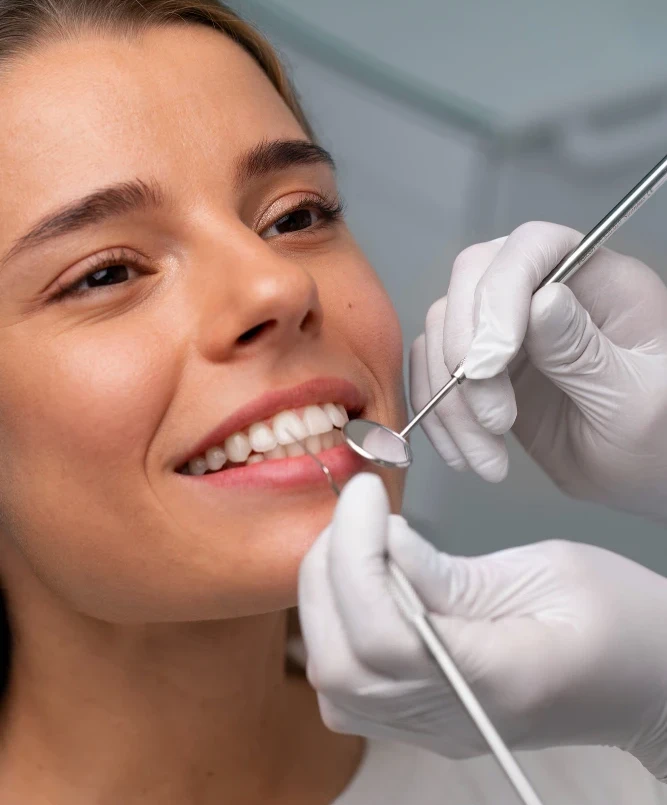
Hygiene Therapy / Prophylaxis
This procedure is for patients with healthy gums. This process aims to remove tartar, plaque, and stains from the teeth. The professional scales the teeth to remove hard deposits then the teeth are polished to remove the stains and soft plaque. It is performed with the prophy jet or an ultrasonic instrument.
Full Mouth Dental Debridement
This process is essential if teeth have not been cleaned for more than a year, and with minerals and tartar under the gum line. Performed in two stages, this procedure takes more than an hour.
Periodontal Root Planning and Deep Scaling
This is a deep dental cleanings procedure, recommended to patients with gum issues including bleeding gums, deep gum pockets, infection, and bone loss.
Scaling is used to remove tartar and plaque from the gum line. Rough spots on the root are smoothened to eliminate bacteria. Local anesthesia is provided during this procedure to reduce discomfort. This procedure requires two to four visits.

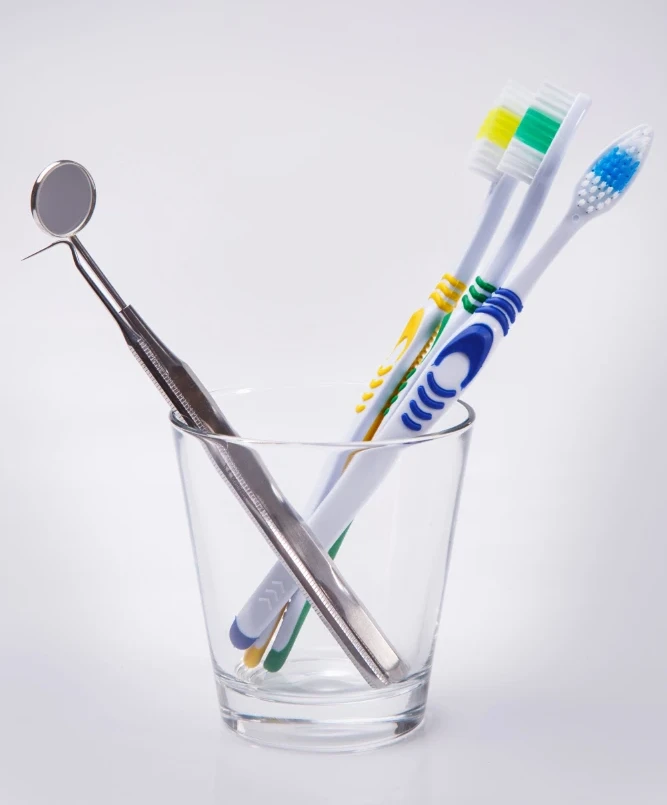
Periodontal Maintenance
This procedure is highly recommended, after an advanced periodontal treatment. The frequency of periodontal maintenance visits is usually every three to four months, though depends on your clinical evaluation.
Periodontal maintenance on the prescribed schedule minimizes the risk of periodontal diseases by removing tartar and plaque that deposits near the gum line. Regular teeth cleaning avoids severe issues and more invasive procedures–and related pain while promoting fresh breath and a beautiful smile.
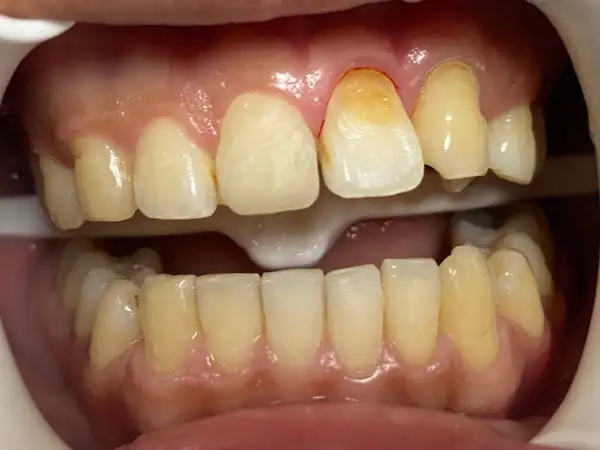
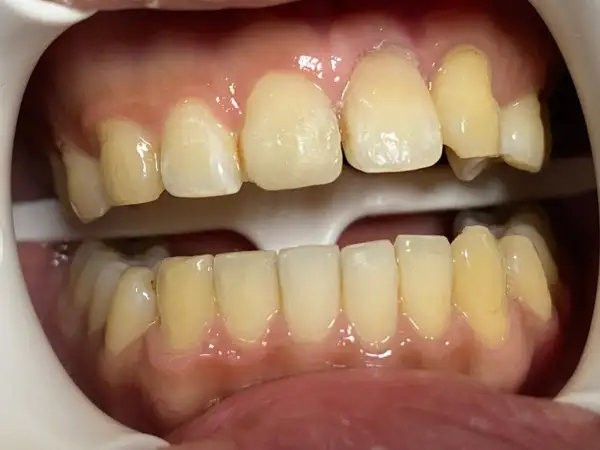
Cosmetic procedures in less than 1 Hour
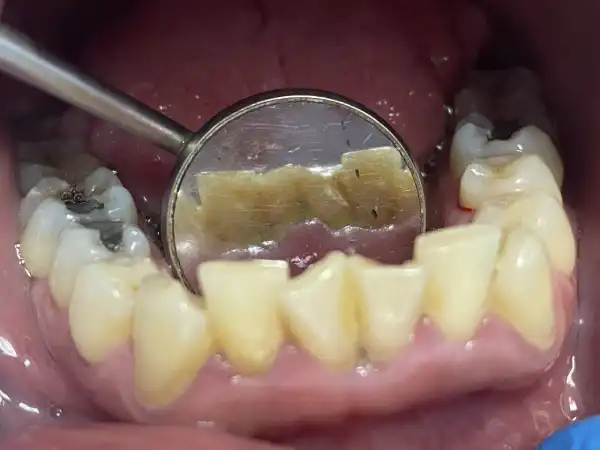
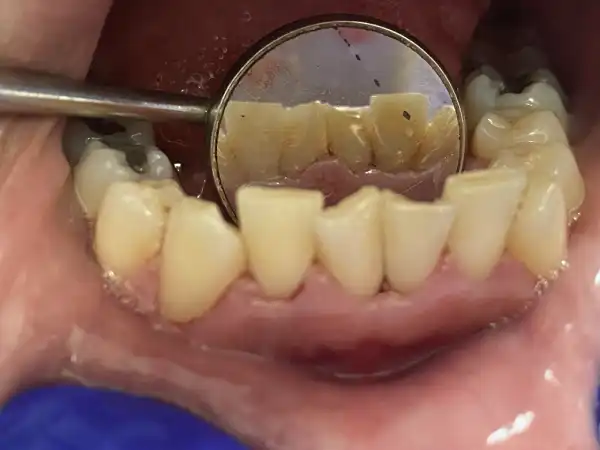
Teeth Cleaning
Searching for a cosmetology dentist near you? Ararat Dental specializes in cosmetic and aesthetic dental services.

